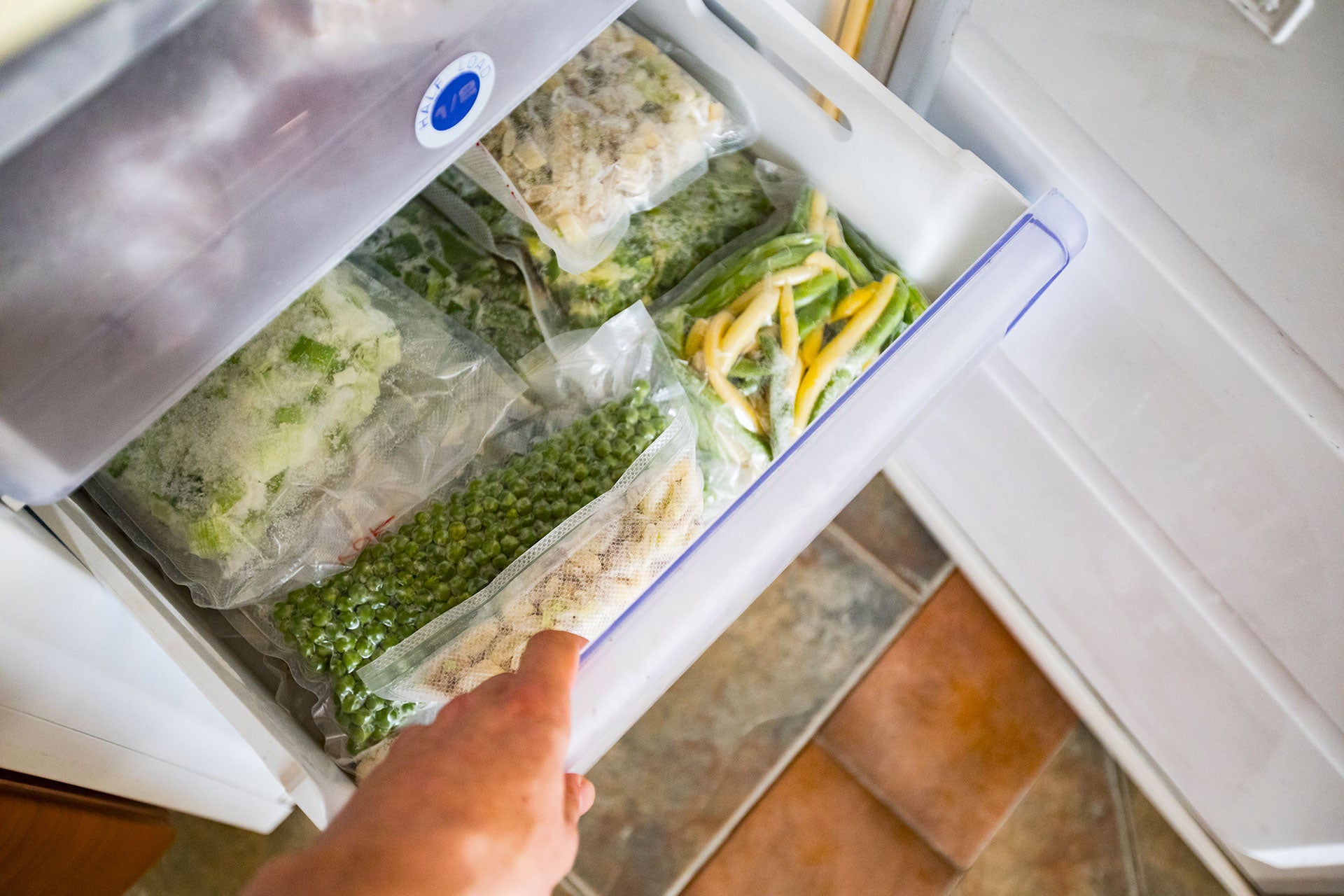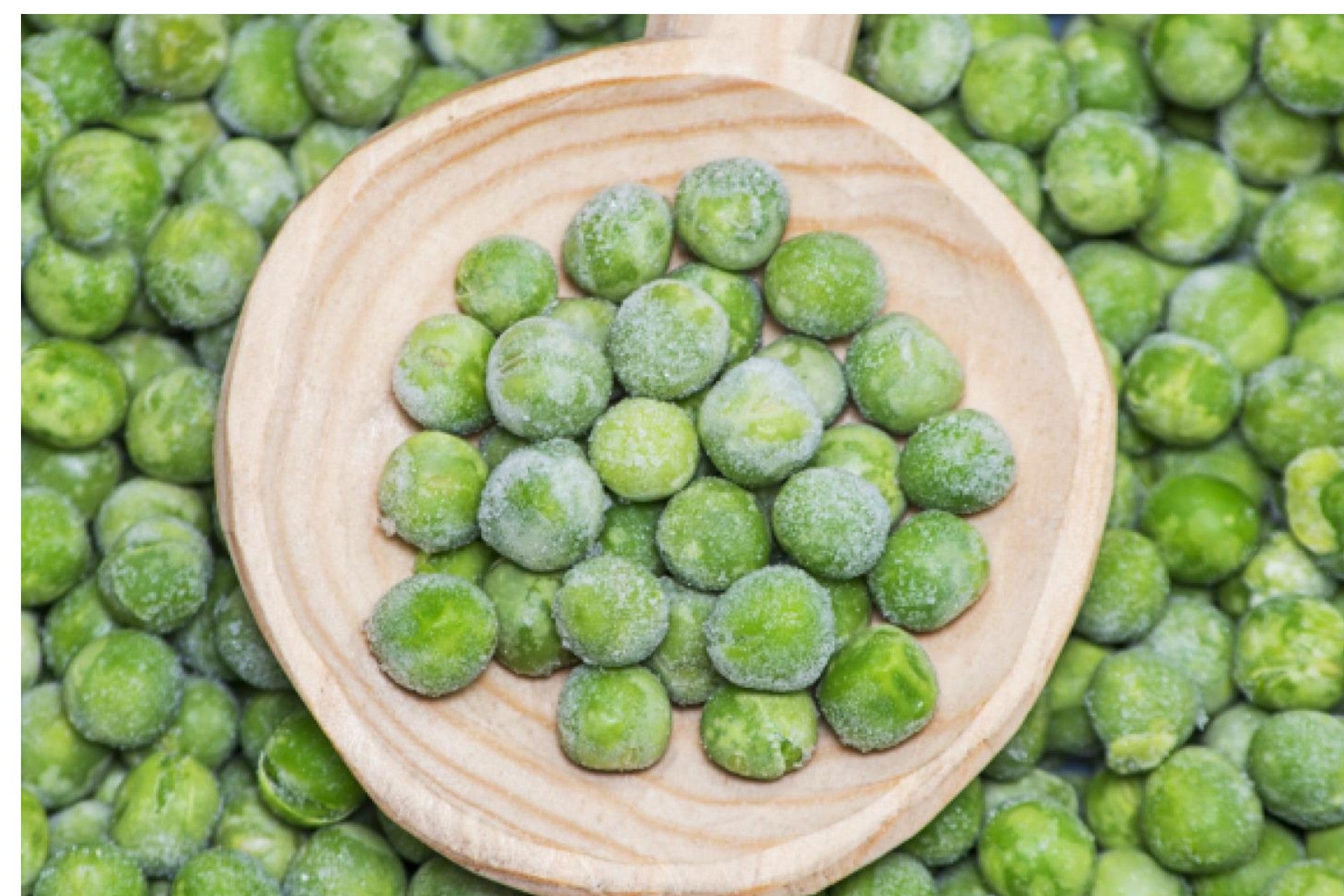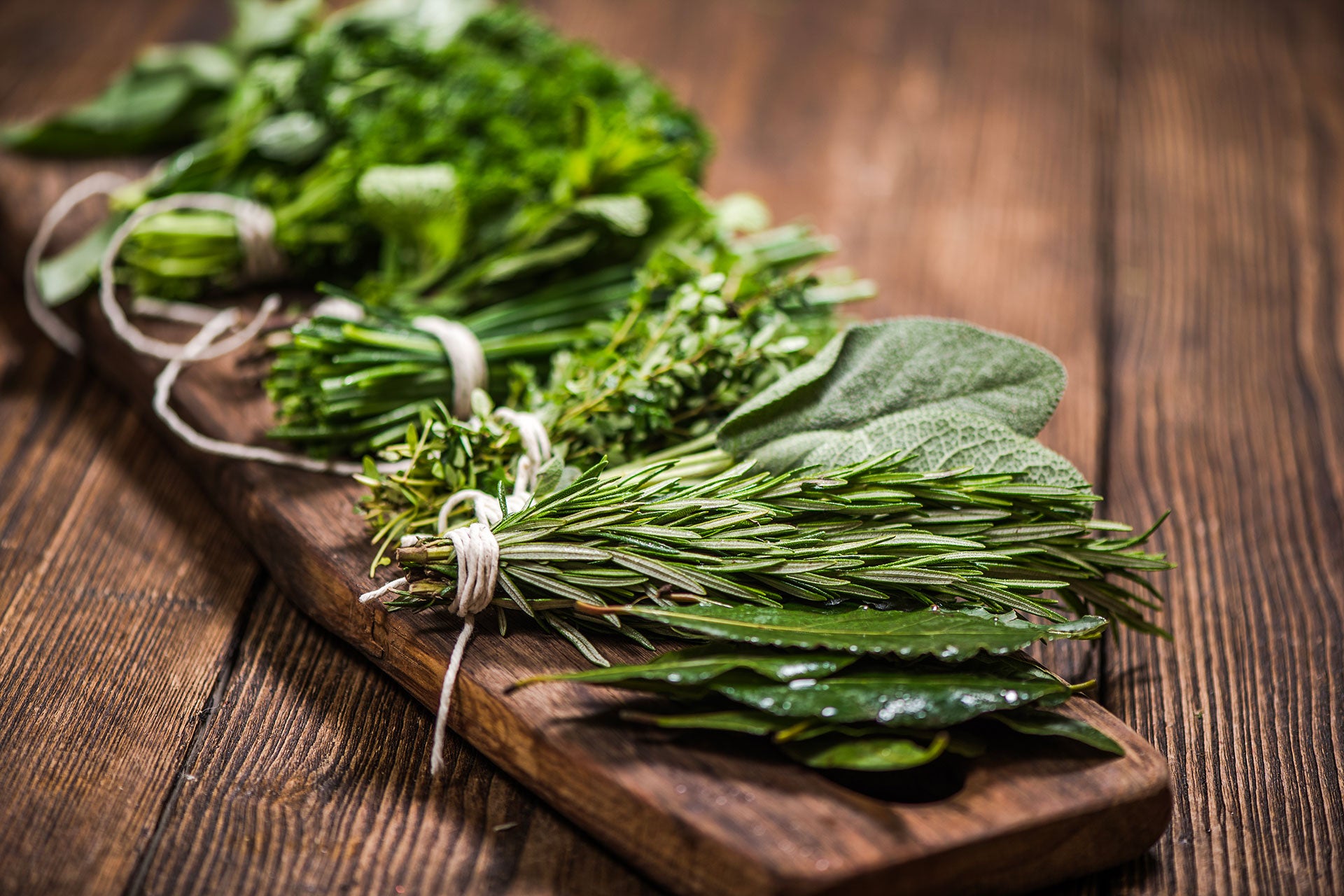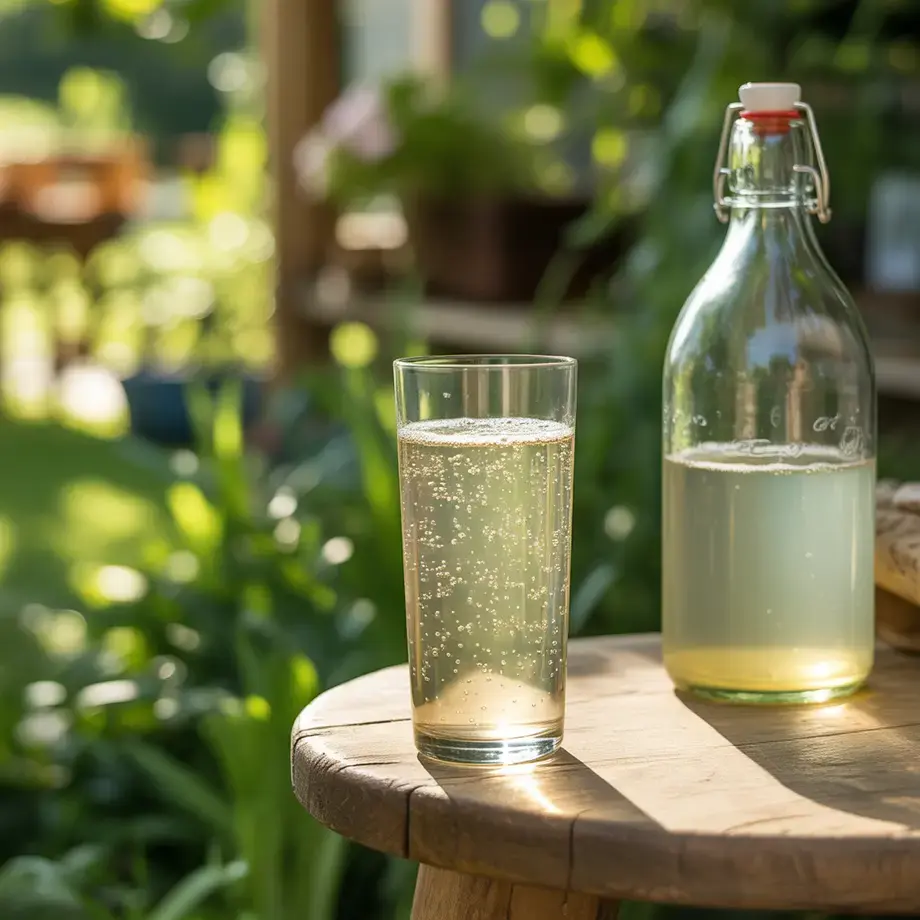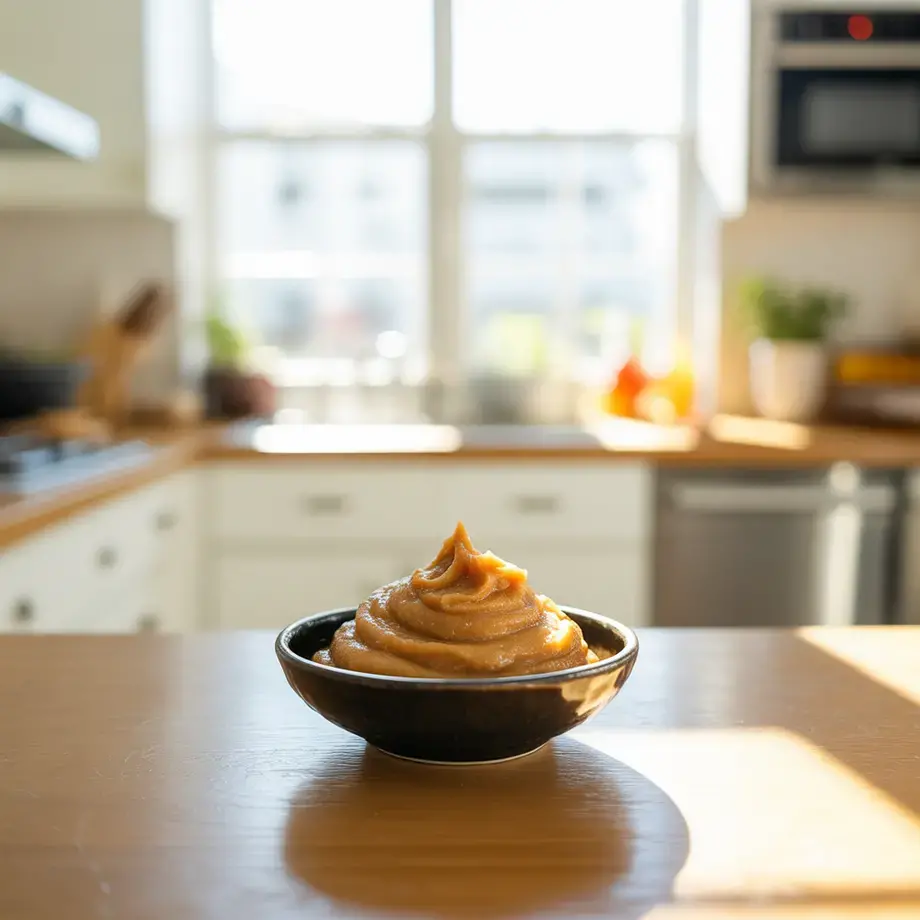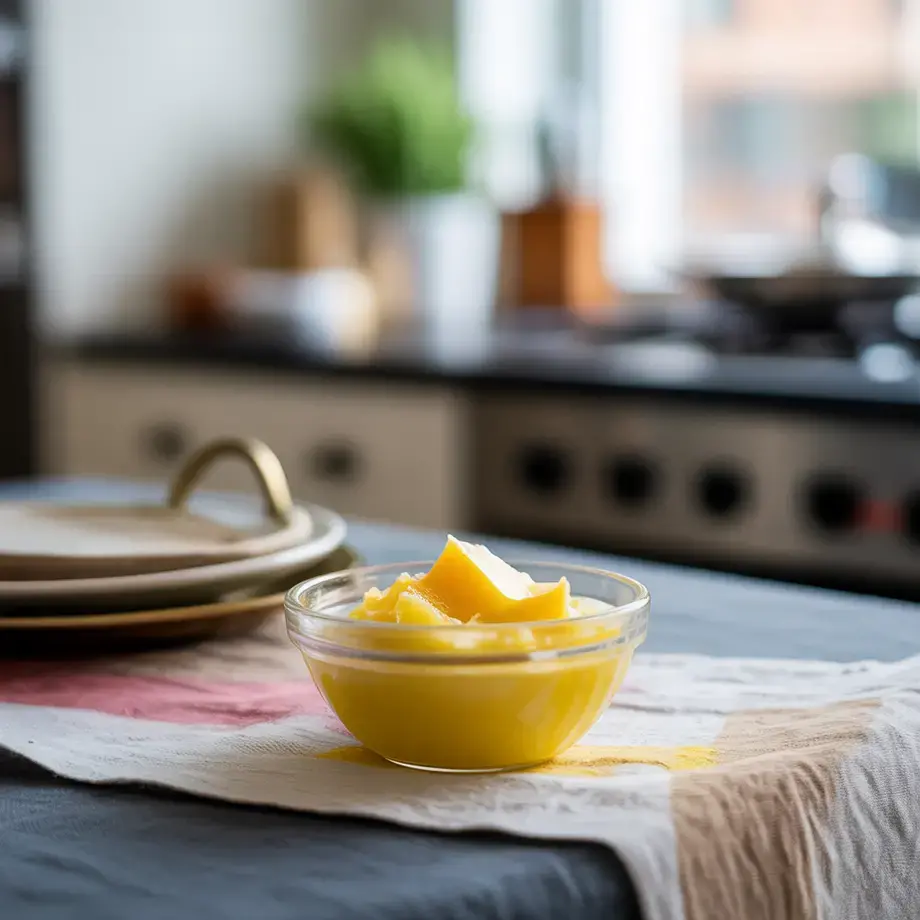Freezing fruit and vegetables is a great way to make sure you always have ingredients to hand, and while there is no substitute for fresh produce from the farmers market, freezing fruits and vegetables is a great way to make sure you always have ingredients for soups and casseroles to hand.
Freezing food does affect the nutritional value, but having frozen fruit and vegetables on your plate is certainly better than having none at all. Frozen vegetables will lose some of their texture and flavour, and so you might not be able to use them in salads, or to roast in the oven, but they can be thrown into dishes, mixed with pasta, rice and couscous.
Frozen fruit is great to have at hand for smoothies, especially berries. Frozen strawberries, raspberries and blackcurrants make a great alternative to ice in a summer drink, iceed water or cocktail.
What fruits and vegetables freeze well?
You can freeze just about any kind of fruit or vegetable, but some fare better than others. Here are the best vegetables to freeze:
- Fava beans
- Corn
- Cauliflower
- Broccoli
- Peas
- Squash
- Asparagus
- Green beans
- Carrots
And winter greens such as
- Spinach
- Chard
- Collard greens
- Cime di rapa
- Kale
Also freezable are:
- Celery
- Onions
- Brussel sprouts
- Peppers
- Avocados
- Herbs


